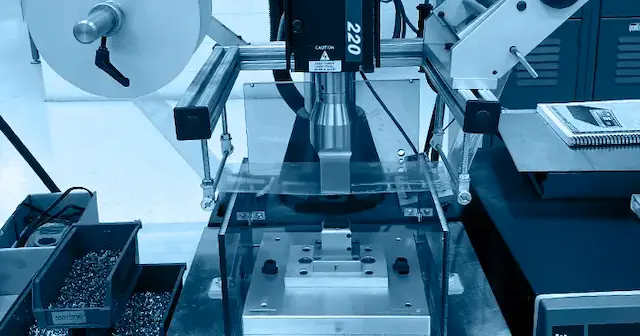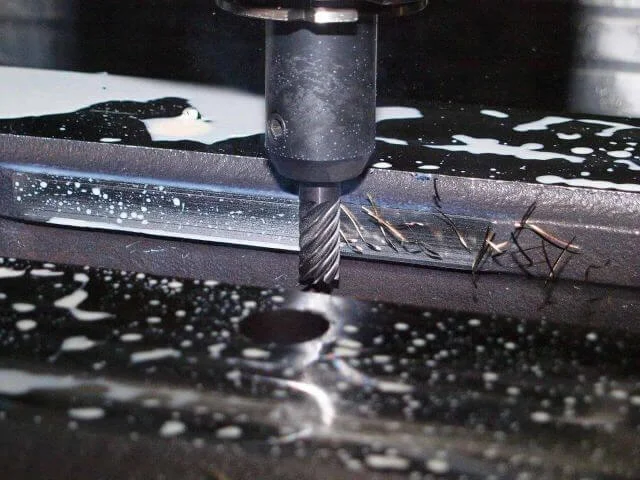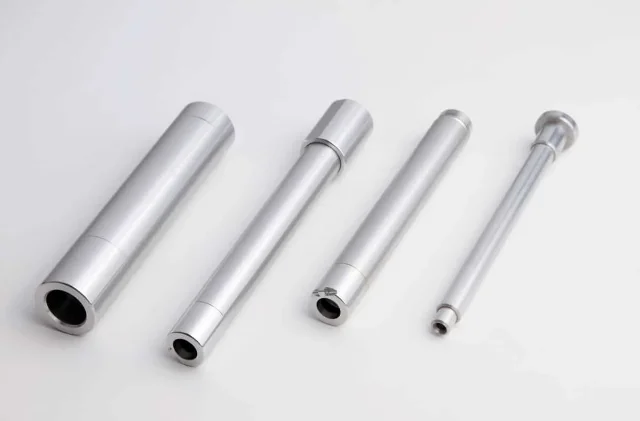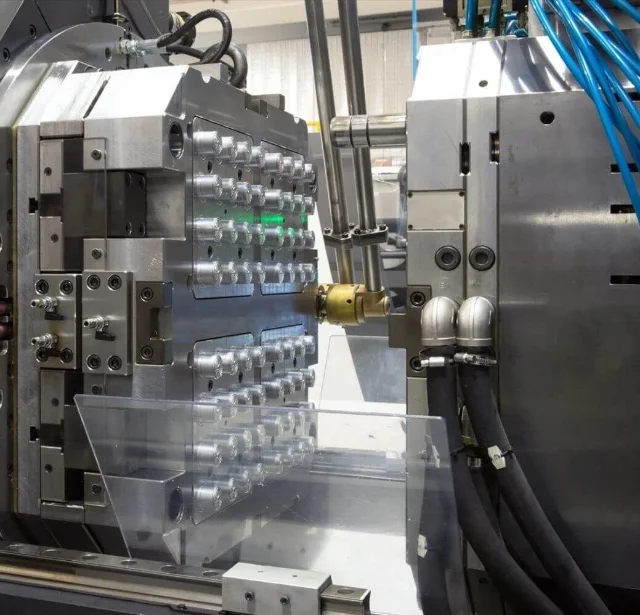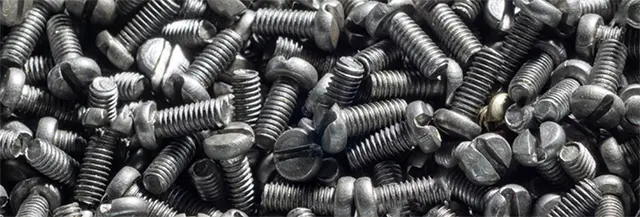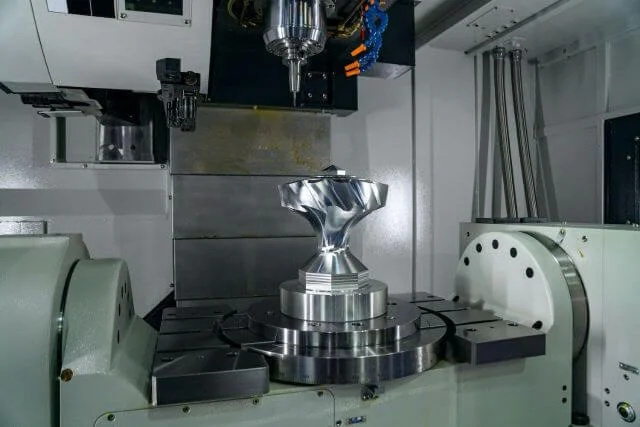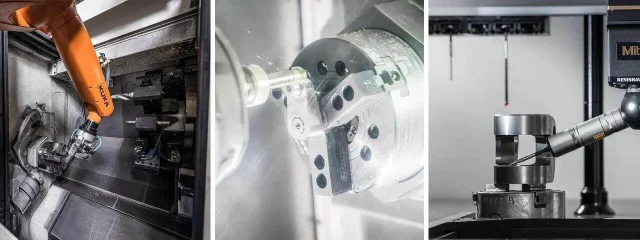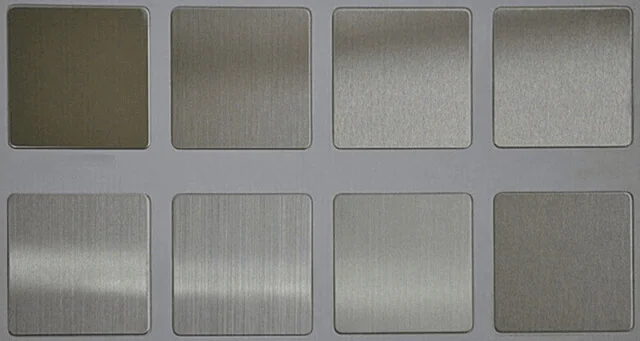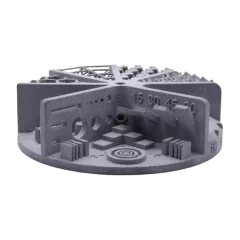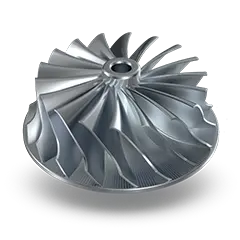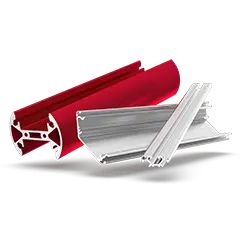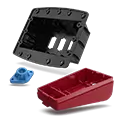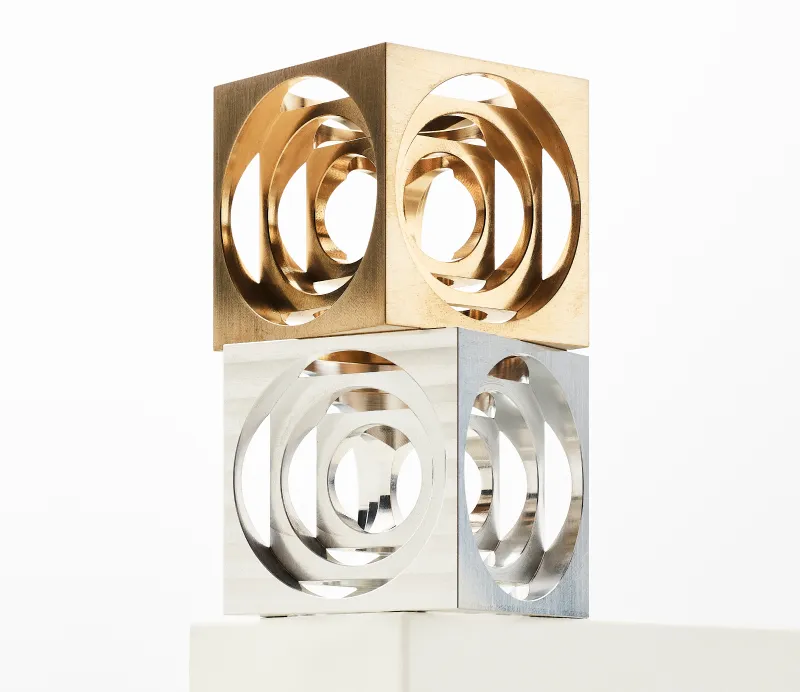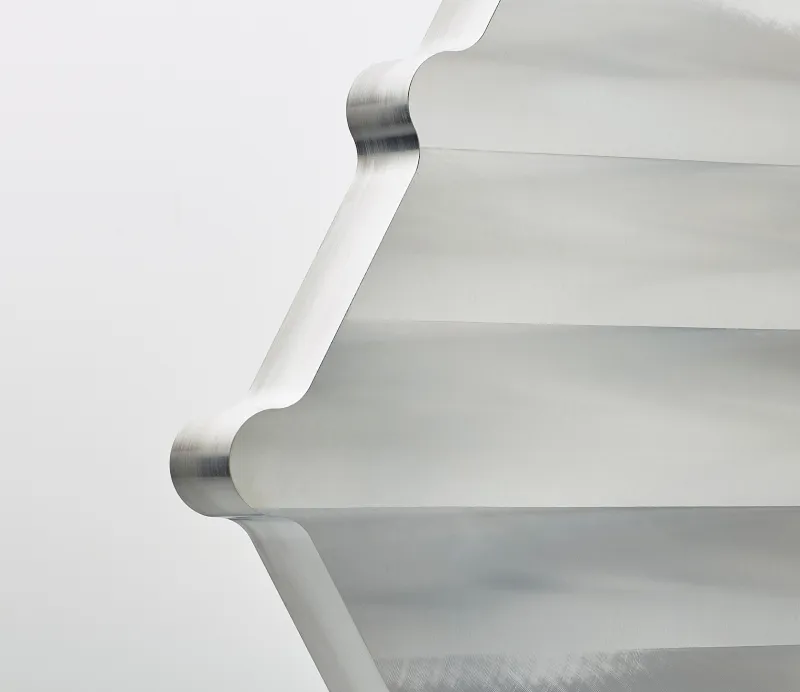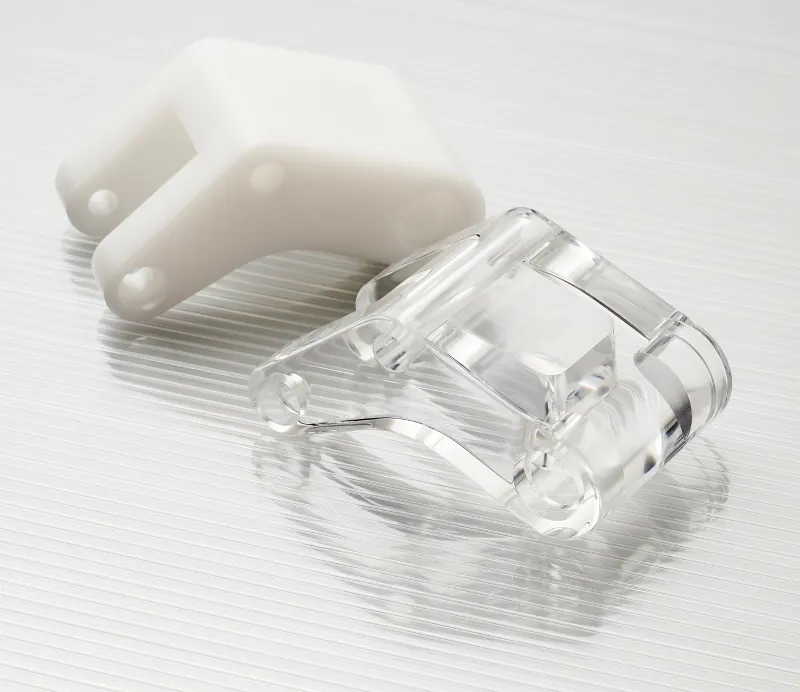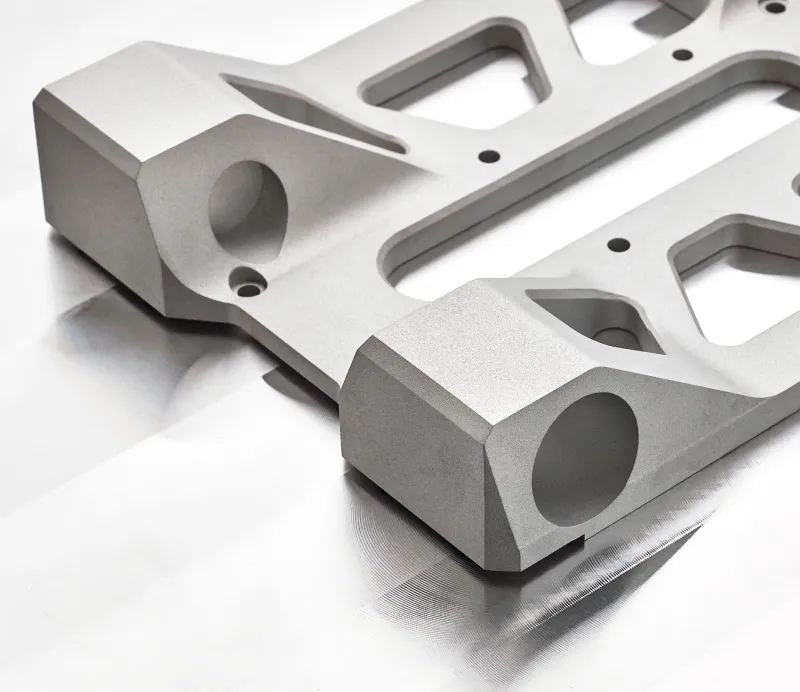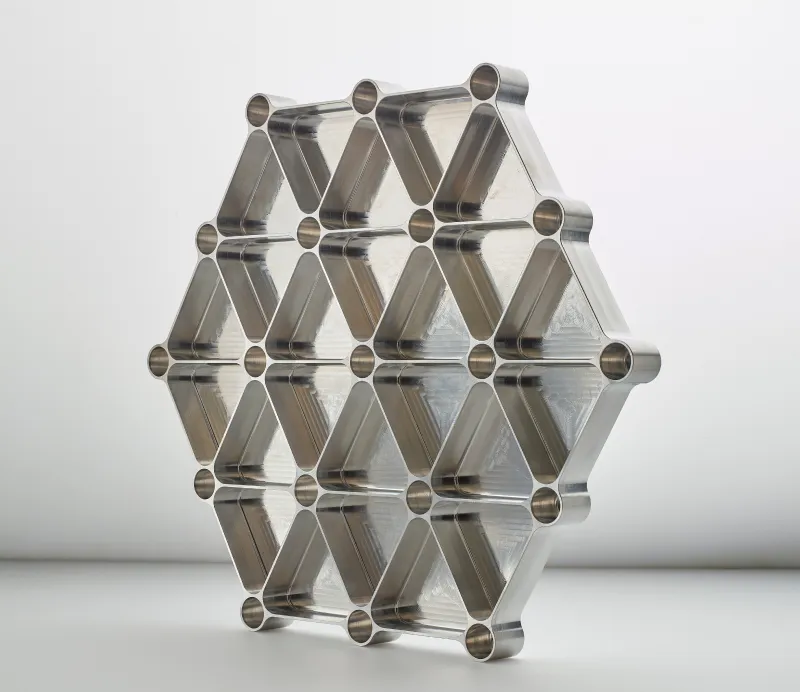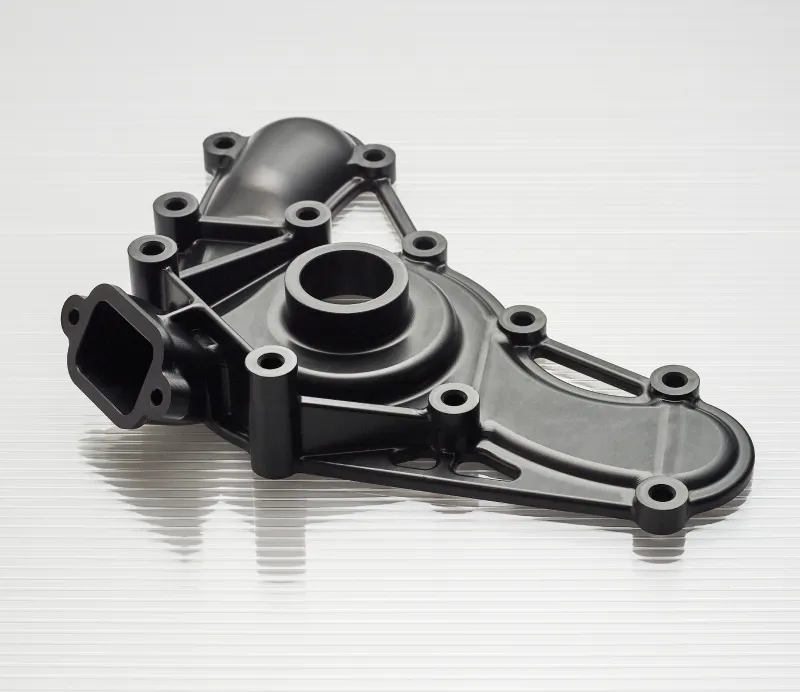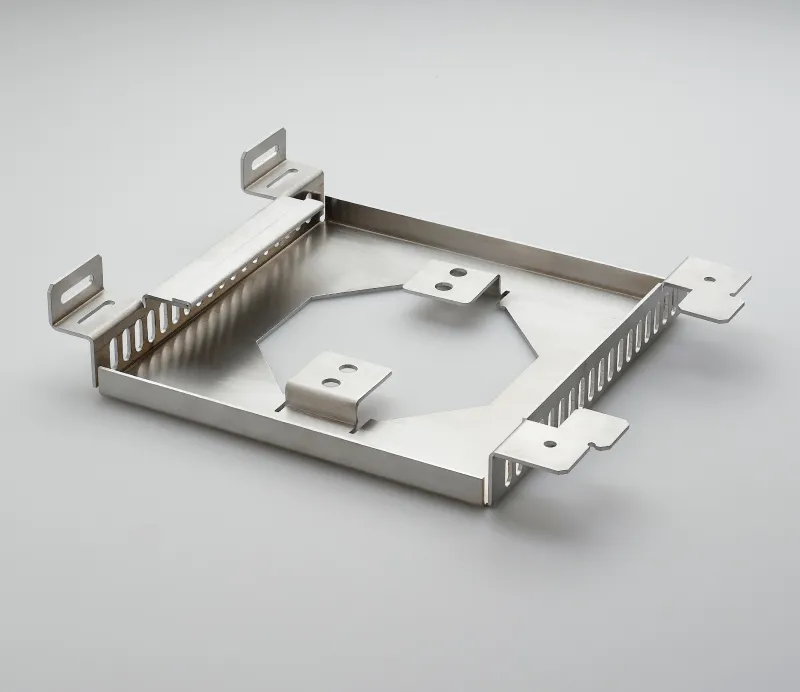Stainless Steel and CNC Machining
Learn about the five main types of Stainless Steel and how to choose the correct grade for your CNC machining project.
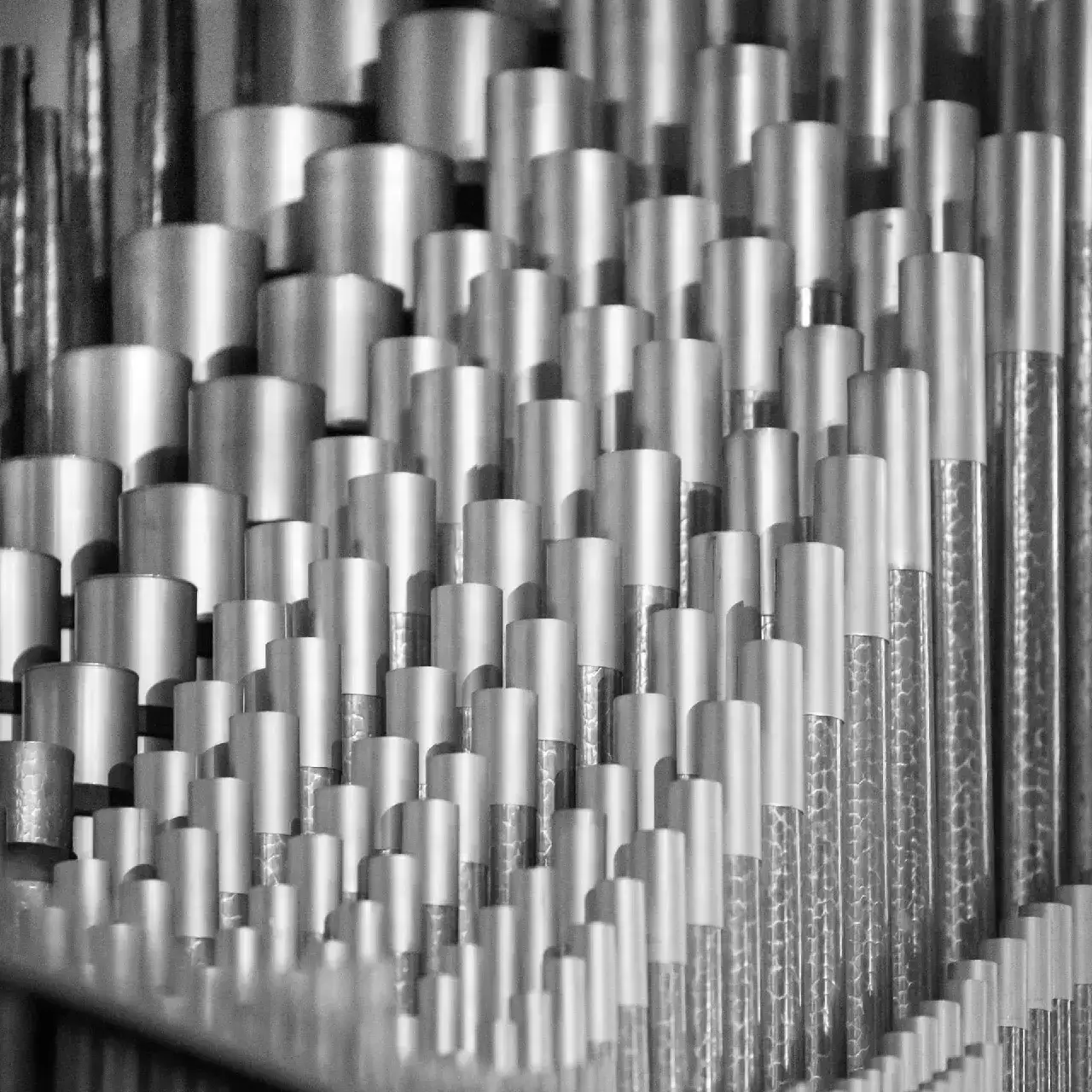
Stainless steel is an incredibly versatile metal and is often used for CNC (Computer Numerical Control) Machining and CNC turning in the aerospace, automotive and marine industries. Stainless steel is known for its corrosion resistance, and with various alloys and grades of stainless steel available, there are a wide variety of applications and use cases. This article will explain the different types of stainless steel's mechanical properties and help you determine the best grade for your project.
There are five general categories of stainless steel with different alloying elements and material structures:
- Austenitic Stainless Steel
- Ferritic Stainless Steel
- Martensitic Stainless Steel
- Precipitation Hardened Steel
- Duplex Stainless Steel (austenitic-ferritic)
Austenitic steel
Austenitic stainless steels are primarily used for products that require strong corrosion resistance. Domestic, industrial and architectural products often use austenitic stainless steel. These could include:
- Nuts and bolts and other fasteners
- Food processing equipment
- Industrial Gas Turbines
Austenitic stainless steels are known for their machinability and weldability, which mean they are often used in CNC machining. Due to its mainly crystalline structure, austenitic stainless steel cannot be hardened by heat, making them non-magnetic.
Popular grades include 304 and 316 and contain between 16 and 26 per cent chromium.
{{cta-banner}}
Ferritic steel
Ferritic stainless steel contains around 12% chromium. It differs from other stainless steel forms due to its chemical composition and molecular grain structure. Unlike austenitic steel, ferritic steel is magnetic due to its body-centred cubic grain structure. It is commonly used for automotive parts and kitchen appliances with a lower corrosion resistance and heat resistance than austenitic steel.
Ferritic steel offers a high degree of resistance to stress corrosion cracking. This makes it a popular choice of steel for environments where chloride may be present. Stress corrosion cracking can degrade steel if exposed to a corrosive environment, particularly when exposed to chlorides.
Martensitic steel
Martensite is a tough form of steel, and its properties mean it is a steel that can be heat-treated and hardened. However, it usually has reduced chemical resistance compared to austenitic steels.
The benefits of martensitic steel mean that it offers a low cost, air-hardening metal with moderate corrosion resistance, which is easy to form, with a minimum chromium content of 10.5%.
Uses of martensitic stainless steel include
- Cutlery
- Car parts
- Steam, gas and jet turbine blades
- Valves
- Surgical Instruments

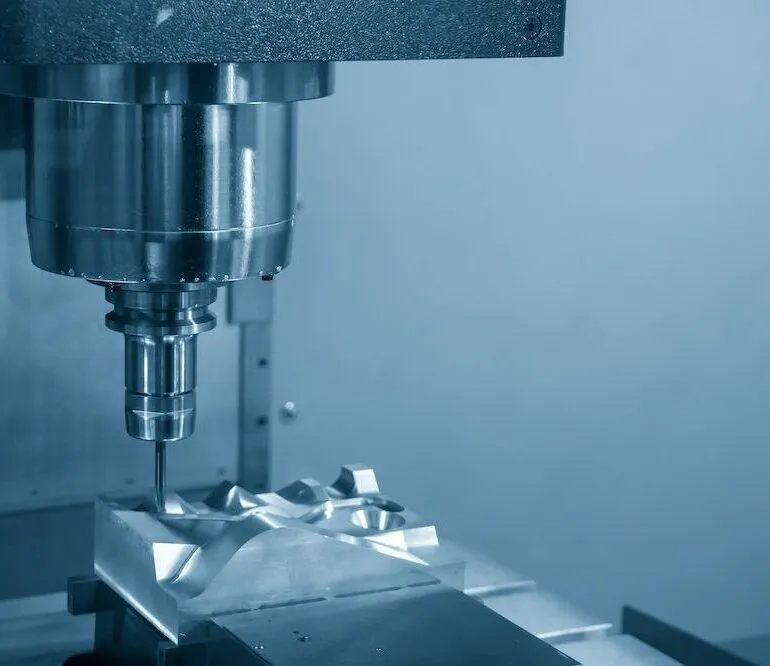
Precipitation Hardened Steel
Precipitation Hardened Steel is the strongest steel grade, is heat treatable and has excellent corrosion resistance. Due to this, it is largely used for aerospace components, where extreme durability and reliability is needed from the part.
PH steel is also used in the oil, gas and nuclear industries. This is because it offers a combination of high strength but generally a lower but workable degree of toughness. The most popular grades of precipitation-hardened steels are 17-4 PH and 15-5 PH.
Common uses for PH hardened steel
- Knives
- Firearms
- Surgical Instruments
- Hand Tools
Duplex Stainless Steel
Duplex stainless steels, sometimes known as austenitic-ferritic stainless steel, have a two-phase metallurgical structure. Namely, duplex stainless steel contains both austenitic and ferritic phases. The strength of duplex stainless steel is higher than typical austenitic stainless steel and has additional corrosion resistance.
Duplex grades have a lower molybdenum and nickel content, reducing costs compared with austenitic grades. Consequently, duplex alloys are often used in heavy industrial applications such as the petrochemical industry.
Factors to consider when choosing a stainless steel grade
There are usually multiple factors that need to be considered when choosing a material for any project. With many different stainless steel grades available, it can be challenging to narrow down your choice. However, if you consider the following factors, you should be in a position to determine which grade is best for you.
Strength
Often tensile strength is a critical factor in determining the best material for your project. We recommend developing an understanding of the forces and loads that will be experienced by your parts and comparing this against the various tensile strengths on offer. This will help you eliminate any materials that won’t offer the required strength.
Heat treatment
If you have specific hardness requirements for your parts, you may wish to consider heat treatment. Bear in mind that whilst heat treatment improves the hardness of your parts, this may come at the expense of other mechanical properties. Also, note that austenitic stainless steels cannot be heat-treated, thus eliminating this category from your material choice.
Magnetism
Whether a part is magnetic or not is an essential factor to consider in specific projects. Remember that austenitic steel is non-magnetic due to its microstructure.
Cost
If cost is the most important factor for your project. Bear in mind, however, that the material cost is just one part of the overall cost. Try to reduce cost by reducing the number of machining operations and simplifying your parts as much as possible.
Availability of grade
When arranging a quote with CNC machining companies such as Get It Made, check to see which stainless steel grades they offer; there may be common grades they stock or can easily source. Avoid specifying overly niche grades or branded materials as this can increase costs and lead times. You can find Get It Made’s most common material grades on our individual process pages.
For more on this subject, read our article on Choosing the Right Metal for CNC Machining. You can find more CNC Machining resources on our blog. If you’re looking to know more about our high precision CNC services, contact us today for a free 24-hour quote.
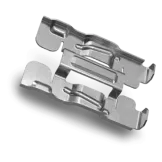
Leave it to our manufacturing specialists
Get a 24 hour, engineer made quote and design review to start your manufacturing project off on the right foot
Get your production-ready quote in 24 hours
All projects are reviewed by real engineers to ensure accuracy, catch mistakes and unlock DFM improvements
Our services
From 3D printing to CNC machining, we’re experts in manufacturing bespoke precision parts on tight time-frames
Other services
It’s rare you only need CNC machining services. We offer 3D printing, moulding, casting, extrusion, fabrication, assembly, welding & more.
Get your production-ready quote in 24 hours
All projects are reviewed by real engineers to ensure accuracy, catch mistakes and unlock DFM improvements
Bespoke quote in 24 hours
Get It Made is proud to provide a human service. Get a quote and free design review by an experienced engineer to see how we make manufacturing simple.


